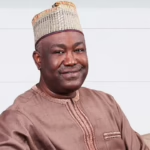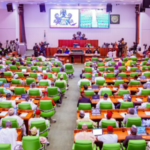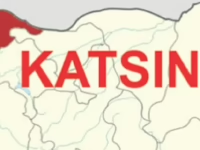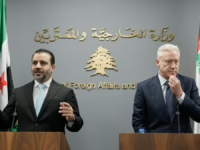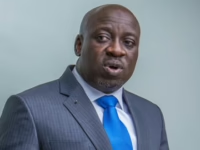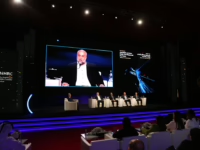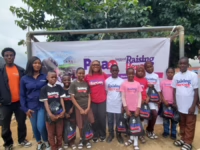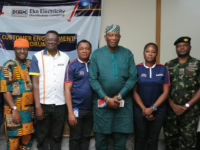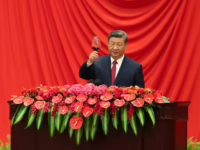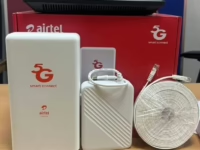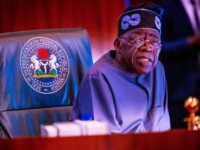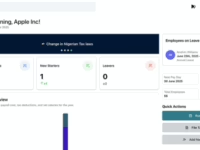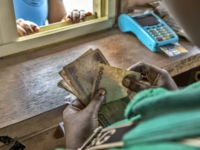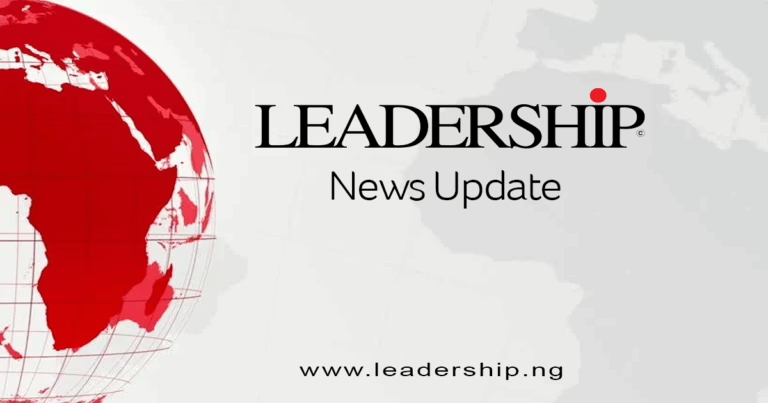The federal government, through its National Single Window (NSW) program, has pledged to enhance port operations and expedite cargo clearance for importers and exporters across Nigeria. This commitment aims to tackle persistent delays and reduce the high operational costs associated with the nation’s seaports.
During the National Single Window Stakeholders forum held in Lagos on Thursday, Tola Fakolade, Director of the Single Window Policy, emphasized in his keynote speech that President Bola Tinubu is focused on resolving the challenges faced by maritime businesses. His goal is to enable importers, exporters, and other industry players to conduct their activities smoothly and efficiently.
Fakolade, who leads the Secretariat, highlighted that the longstanding practice of rerouting shipments and investments to neighboring countries due to port inefficiencies will soon be a thing of the past. He urged all stakeholders and relevant parties to collaborate actively in realizing the President’s vision.
Drawing from both domestic insights and successful international models like Singapore’s, Fakolade revealed that the Secretariat plans to extend stakeholder consultations nationwide, beginning with Lagos as the pilot zone.
He outlined the advantages of the NSW initiative, noting that it will streamline trade procedures by eliminating bottlenecks and reducing delays. Additionally, the policy is designed to curb revenue leakages, thereby boosting government income, while promoting greater transparency in port management.
Experts representing key subsectors shared updates on their readiness and the systems they have implemented to support the NSW framework.
While acknowledging the ongoing challenges that have hindered smooth business operations, these panelists expressed empathy for the difficulties faced by traders both within and beyond Nigerian ports. They assured participants that solutions are forthcoming to alleviate these issues.
The interactive session sparked lively discussions, with attendees raising diverse questions and concerns. The dialogue concluded with the federal government reaffirming its commitment to turning the situation around in favor of all stakeholders involved.
Participants at the forum included representatives from the Nigeria Customs Service (acting as Facilitator), the Standards Organisation of Nigeria (SON), the Nigerian Maritime Administration and Safety Agency (NIMASA), the Association of Nigerian Licensed Customs Agents (ANLCA), and the National Association of Government Approved Freight Forwarders (NAGAFF).
Additional attendees were from the Council for the Regulation of Freight Forwarding in Nigeria (CRFFN), the Truckers Association, the Nigeria Export Processing Zones Authority (NEPZA), the Nigerian Investment Promotion Council (NIPC), the Nigerian Export Promotion Council (NEPC), and the Nigerian Ports Authority (NPA).


